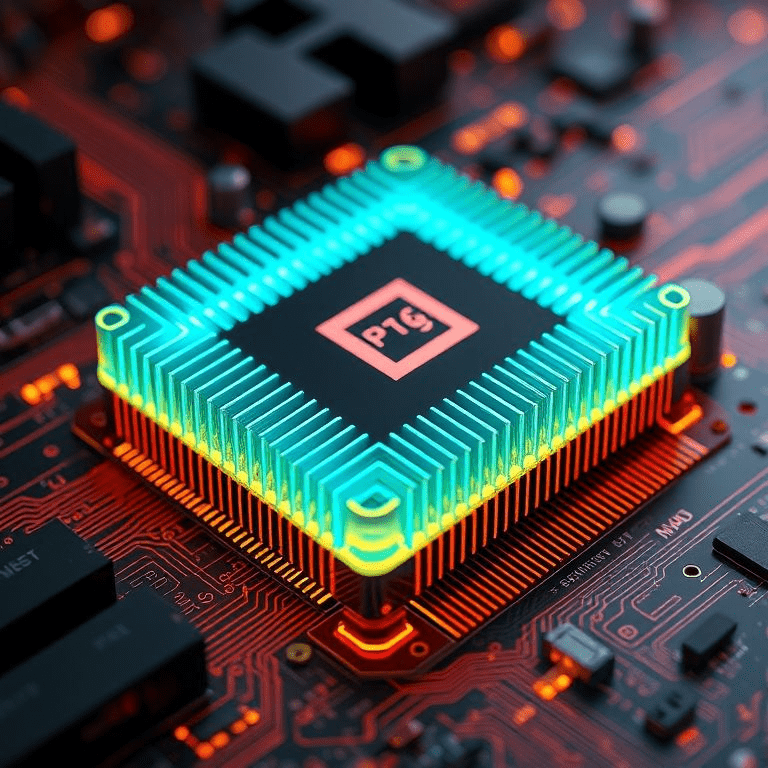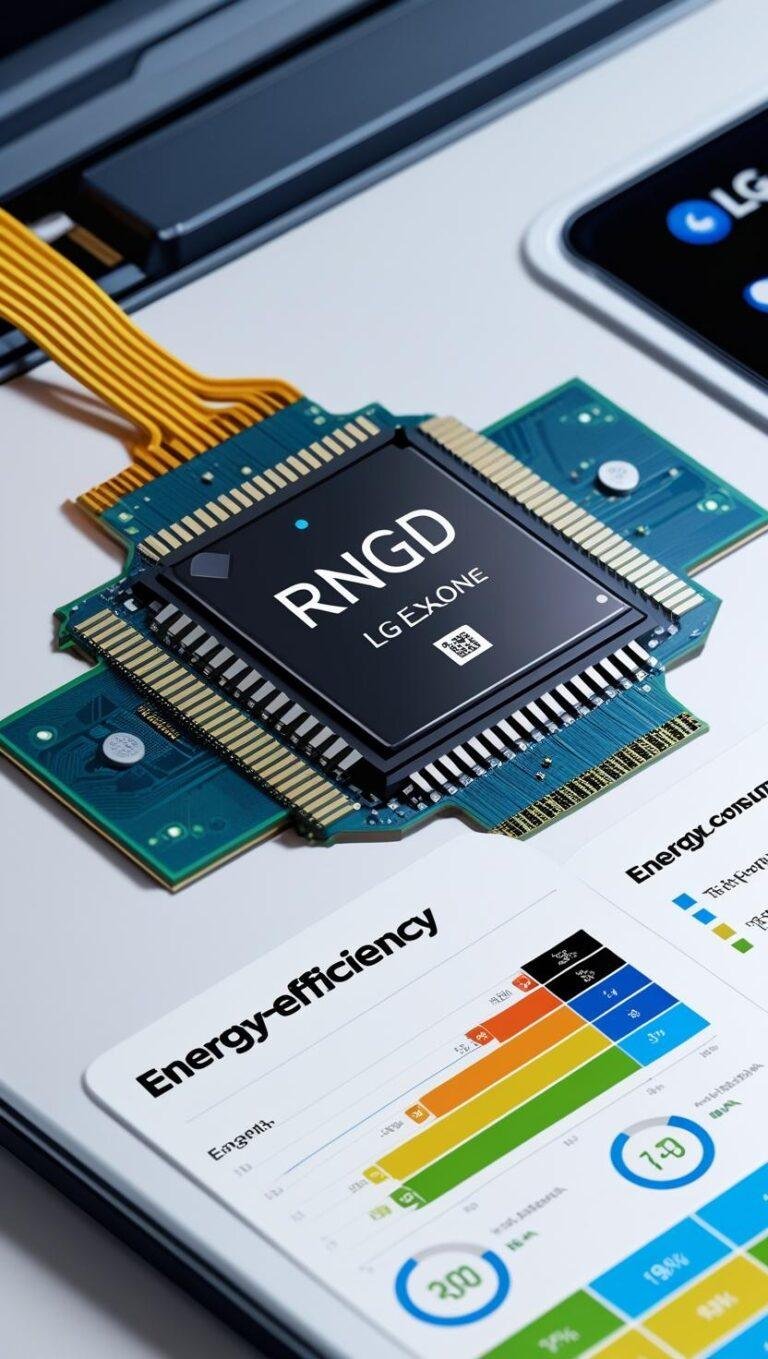Introduction & Context
Swiss startup Corintis, specializing in advanced chip cooling, has just raised $24 million in a Series A round to accelerate commercialization and scaling of its microchannel liquid cooling solutions for AI and high-performance chips. This funding comes at a pivotal time: as AI workloads grow, thermal management is becoming a major bottleneck in data centers and chip design.
Background: Why Cooling Matters
Modern AI compute demands ever more performance, which leads to higher heat density. Traditional air cooling and macro liquid cooling methods are often insufficient. Corintis’ approach — embedding microchannels directly into chip substrates or cooling plates — enables more efficient heat dissipation and promises to reduce power and water consumption in data center environments.
Corintis is based in Lausanne and spun out of research at the Swiss Federal Institute of Technology. The startup has been operating since 2022 and has steadily advanced its prototype and validation work.
What Happened: Funding & Board Moves
The $24M round was led by BlueYard Capital and included participation from XTX Ventures, Founderful, among others. Before this round, Corintis had already raised funding, bringing its total funding to about $33.4 million.
A notable board development: Intel CEO Lip-Bu Tan has joined Corintis’ board. This addition signals industry confidence and potentially deeper strategic alignment with chip manufacturing. Corintis also added Geoff Lyon, formerly CEO of CoolIT, to the board, strengthening its domain expertise in cooling systems.
Key Technology & Competitive Angle
Corintis’ technology uses etched microchannels to route coolant close to heat-generating regions on chips or cooling plates. The company claims its approach is up to three times more efficient than conventional cooling solutions, based on experiments with one of its early customers, Microsoft.
Because the cooling modules can be integrated either as an upgrade to existing systems or tightly co-packaged with chips, the startup is positioning itself as both a retrofit and a next-generation solution. This flexibility gives Corintis a competitive edge in the crowded thermal management market.
Reaction & Expert Views
While direct quotes from independent third parties are not yet widely reported, the move to bring Intel’s CEO onto the board is being interpreted by analysts as a signal that hardware incumbents are taking this thermal challenge seriously. Some industry watchers note that advances in chip cooling could unlock further density and efficiency for AI accelerators — a crucial enabler for next-gen models.
One anonymous semiconductor investment analyst told Reuters:
“Cooling is increasingly an unsolved frontier in high-performance design. If Corintis delivers on what it promises, it could become a tier-one supplier to AI chipmakers.”
Impact & Market Implications
The $24M infusion will allow Corintis to grow its headcount (from 55 to 70 employees) and expand operations. It also plans to ramp up manufacturing of its cooling “cold plates” from about 100,000 units per year to 1 million units annually by 2026.
For data centers, adopting more efficient cooling can reduce power usage effectiveness (PUE) and lower operational costs. For chip manufacturers, tighter integration of cooling could allow for denser packaging and higher performance margins. This startup’s success could pressure incumbents to innovate or partner with thermal startups.
Challenges & Risks
- Integration complexity: embedding cooling closer to chips introduces mechanical and reliability risks.
- Manufacturing scale: going from prototyping to mass production in thermal hardware is nontrivial.
- Competition: incumbents in cooling and large industrial firms could respond aggressively.
- Adoption inertia: chip and system designers are conservative about adopting new thermal stacks.
Future Outlook
In the near term, Corintis will likely focus on validating its cooling modules with leading AI chip manufacturers and hyperscalers. The involvement of Intel’s CEO suggests potential collaborations or pilot programs in mainstream semiconductor supply chains.
Over the next 12–18 months, Corintis’ success will depend on demonstrating reliability, cost efficiency, and integration ease. If it scales as projected, it may become a key enabler of next-generation AI systems. The startup is now one to watch in the intersection of cooling, hardware, and AI infrastructure.
Introduction & Context
Swiss startup Corintis, specializing in advanced chip cooling, has just raised $24 million in a Series A round to accelerate commercialization and scaling of its microchannel liquid cooling solutions for AI and high-performance chips. This funding comes at a pivotal time: as AI workloads grow, thermal management is becoming a major bottleneck in data centers and chip design.
Background: Why Cooling Matters
Modern AI compute demands ever more performance, which leads to higher heat density. Traditional air cooling and macro liquid cooling methods are often insufficient. Corintis’ approach — embedding microchannels directly into chip substrates or cooling plates — enables more efficient heat dissipation and promises to reduce power and water consumption in data center environments.
Corintis is based in Lausanne and spun out of research at the Swiss Federal Institute of Technology. The startup has been operating since 2022 and has steadily advanced its prototype and validation work.
What Happened: Funding & Board Moves
The $24M round was led by BlueYard Capital and included participation from XTX Ventures, Founderful, among others. Before this round, Corintis had already raised funding, bringing its total funding to about $33.4 million.
A notable board development: Intel CEO Lip-Bu Tan has joined Corintis’ board. This addition signals industry confidence and potentially deeper strategic alignment with chip manufacturing. Corintis also added Geoff Lyon, formerly CEO of CoolIT, to the board, strengthening its domain expertise in cooling systems.
Key Technology & Competitive Angle
Corintis’ technology uses etched microchannels to route coolant close to heat-generating regions on chips or cooling plates. The company claims its approach is up to three times more efficient than conventional cooling solutions, based on experiments with one of its early customers, Microsoft.
Because the cooling modules can be integrated either as an upgrade to existing systems or tightly co-packaged with chips, the startup is positioning itself as both a retrofit and a next-generation solution. This flexibility gives Corintis a competitive edge in the crowded thermal management market.
Reaction & Expert Views
While direct quotes from independent third parties are not yet widely reported, the move to bring Intel’s CEO onto the board is being interpreted by analysts as a signal that hardware incumbents are taking this thermal challenge seriously. Some industry watchers note that advances in chip cooling could unlock further density and efficiency for AI accelerators — a crucial enabler for next-gen models.
One anonymous semiconductor investment analyst told Reuters:
“Cooling is increasingly an unsolved frontier in high-performance design. If Corintis delivers on what it promises, it could become a tier-one supplier to AI chipmakers.”
Impact & Market Implications
The $24M infusion will allow Corintis to grow its headcount (from 55 to 70 employees) and expand operations. It also plans to ramp up manufacturing of its cooling “cold plates” from about 100,000 units per year to 1 million units annually by 2026.
For data centers, adopting more efficient cooling can reduce power usage effectiveness (PUE) and lower operational costs. For chip manufacturers, tighter integration of cooling could allow for denser packaging and higher performance margins. This startup’s success could pressure incumbents to innovate or partner with thermal startups.
Challenges & Risks
- Integration complexity: embedding cooling closer to chips introduces mechanical and reliability risks.
- Manufacturing scale: going from prototyping to mass production in thermal hardware is nontrivial.
- Competition: incumbents in cooling and large industrial firms could respond aggressively.
- Adoption inertia: chip and system designers are conservative about adopting new thermal stacks.
Future Outlook
In the near term, Corintis will likely focus on validating its cooling modules with leading AI chip manufacturers and hyperscalers. The involvement of Intel’s CEO suggests potential collaborations or pilot programs in mainstream semiconductor supply chains.
Over the next 12–18 months, Corintis’ success will depend on demonstrating reliability, cost efficiency, and integration ease. If it scales as projected, it may become a key enabler of next-generation AI systems. The startup is now one to watch in the intersection of cooling, hardware, and AI infrastructure.







